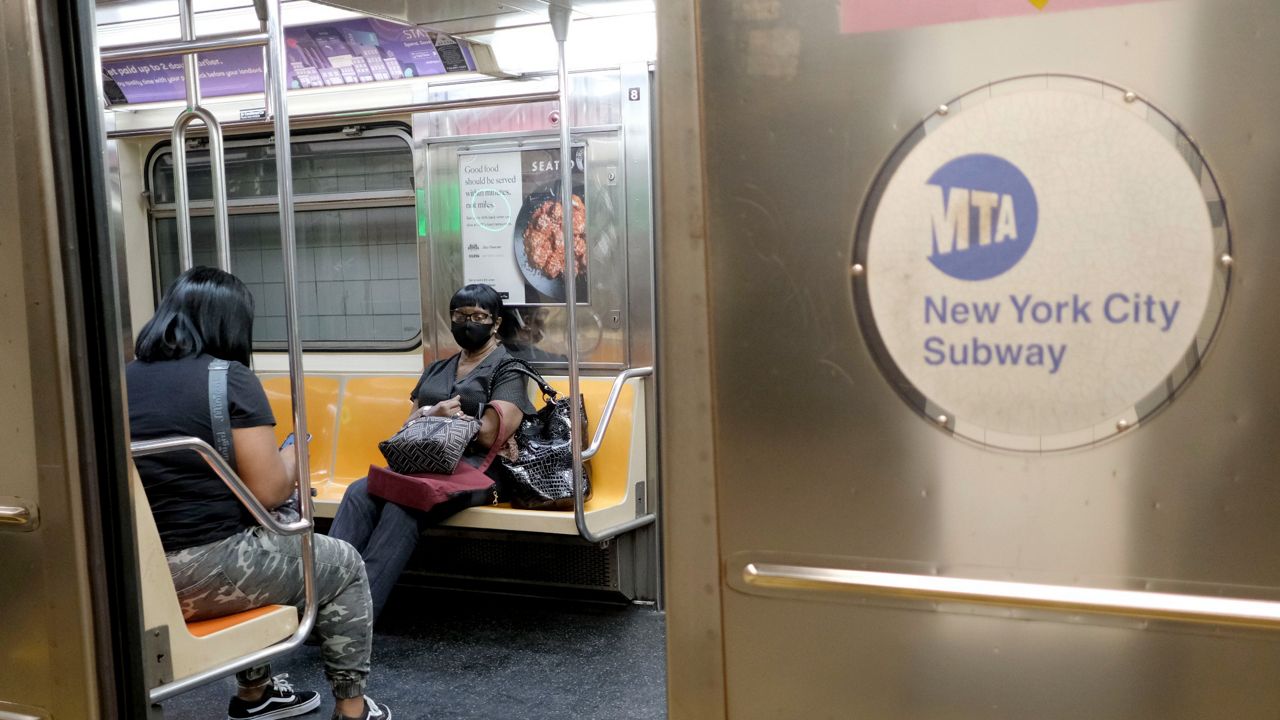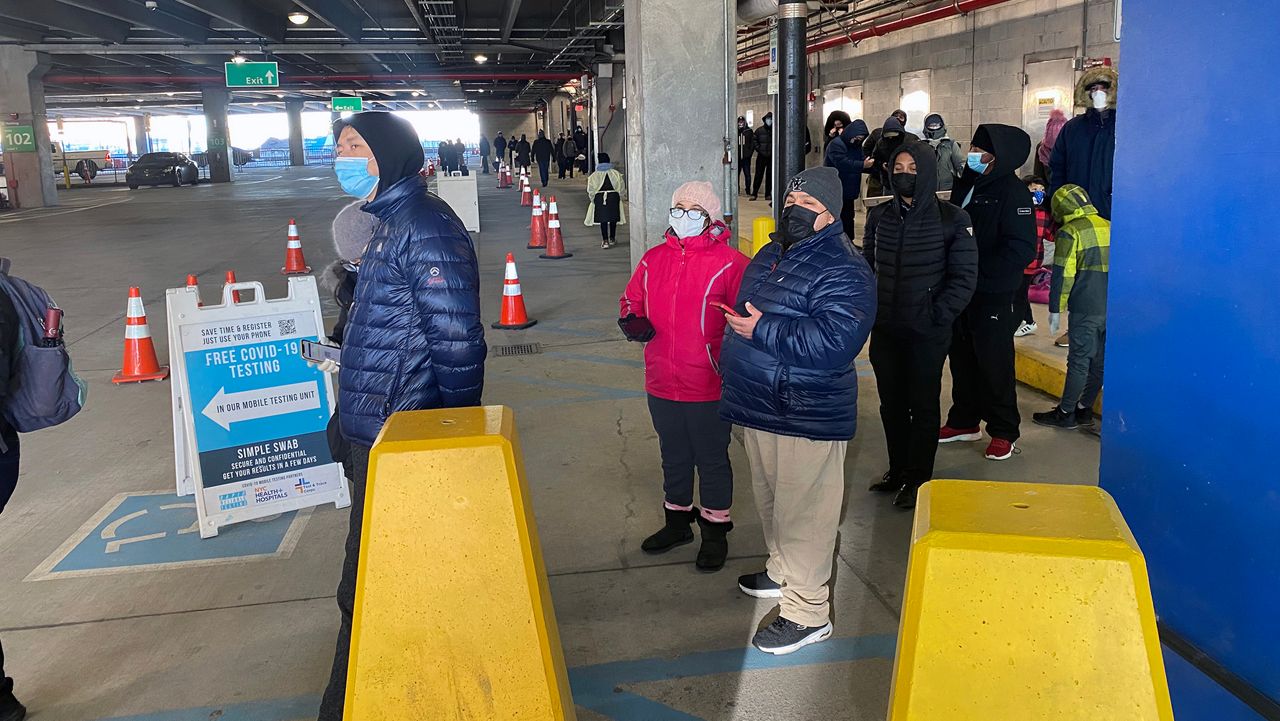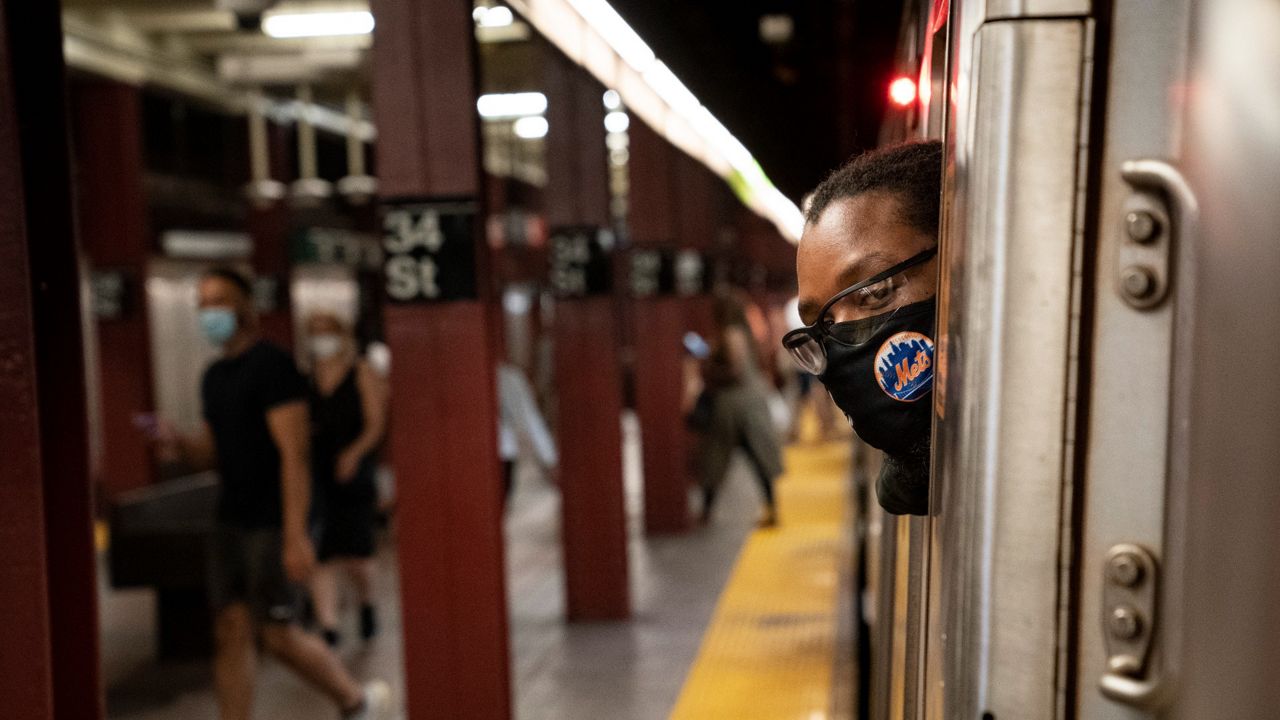The MTA is on its knees seeking immediate assistance from the federal government. The agency needs $12 billion in funding to get through the remainder of 2020 and 2021.
Should it not get the help it needs, New Yorkers will see service reductions, fare hikes and increases in tolls. This is in addition to the layoffs employees will be hit with.
“We don’t have a choice. We can’t lose $200 million a week indefinitely," said MTA Chairman Pat Foye in an exclusive interview with NY1.
The changes will come quickly. Foye said the agency will have to pull the trigger by its November board meeting or sooner, when it comes up with its financial plan for 2021.
“We realize that’s an incredible inconvenience to our customers. It will slow down their commutes, and frankly, it will slow down the New York City and regional economy. Which is why it’s in the national interest for the federal government to provide the $12 billion in funding, and it’s only the federal government that has the solvency and capacity to bail out the MTA,” Foye said on "Mornings On 1."
From both a ridership and revenue standpoint, the losses put the MTA in a position worse than during the Great Depression, when the largest drop in ridership was 12 percent in 1933. Now, ridership is down 75 percent from pre-pandemic levels.
Changes to service will mean straphangers will have to wait eight minutes for subway trains at peak hours, and buses will come every 15 minutes. The gaps will be even longer on weekends.
The Long Island Railroad and Metro-North Railroad would run at 60- or 120-minute intervals, and upgrades to subway signal systems would be scrapped.
Overall, the MTA proposes a 40 percent drop in service should it not get federal assistance.
“I’m concerned that if the MTA doesn’t get the funding, and the state and the city don’t get the funding, that we are going to be on the precipice of another great depression. And frankly, it’s in the national interest for the federal government to fund the MTA, because the MTA is so essential to the economic recovery and vitality to the New York City region,” said Foye.
Through the CARES Act, the MTA was previously granted $3.9 billion, though it exhausted that money on July 24. It is the first transit agency in the country to exhaust the money.








